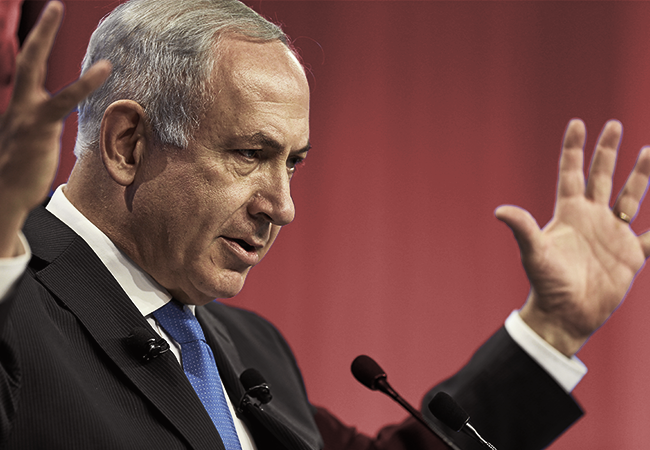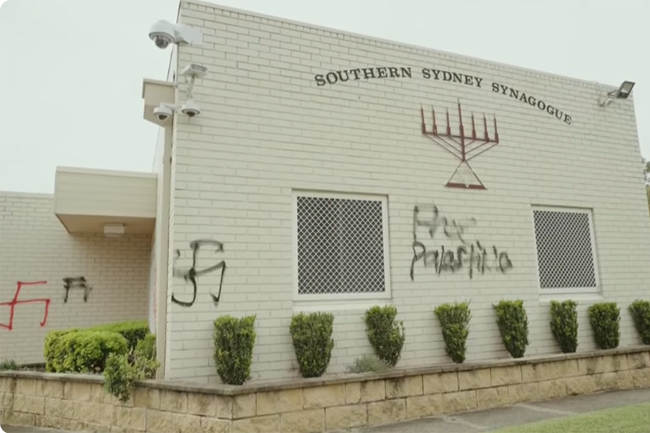Decades of violence, civil unrest and foreign interference have changed the political landscape of the Middle East, writes Bilal Cleland.
USSAMA MAKDISI, the first holder of the Arab-American Educational Foundation Chair of Arab Studies at Rice University in Houston, in his essay ‘Ottoman Cosmopolitanism and the Myth of the Sectarian Middle East’, shines a spotlight upon the background to current events:
Throughout modern history, the weight of Western colonialism in the name of freedom and religious liberty has distorted the nature of the Middle East. It has transformed the political geography of the region by creating a series of small and dependent Middle Eastern states and emirates where once stood a large interconnected Ottoman sultanate.
The key threat wielded across the region since the Peace Settlements of 1919 has been the further reduction of the dependent states established by Sykes-Picot and attempted by the Treaty of Sèvres.
The establishment of Saudi Arabia and, a decade or so later the State of Israel, were fruits of these Settlements.
A major effort was made to reduce Iran to a dependent state with the 1953 CIA coup, a response to Prime Minister Mohammad Mosaddegh’s nationalisation of the foreign-owned Iranian oil industry.
This created decades of unrest, culminating in the 1979 overthrow of the Shah and the Islamic republic as a new bogeyman for the West.
The March 2003 U.S. invasion of Iraq on the basis of false evidence, part of the long history of Western interference, is also still creating terrible repercussions throughout the region.
Since then, notions have been floated of Sunni, Shia and Kurdish divisions of Iraq, of Shia, Sunni and Kurdish divisions of Syria and the restoration of the Kurdish zone in Turkey intended under the Treaty of Sèvres.
Of all journalists, it was Jamal Khashoggi who called for the division of Syria in 2018, ostensibly to protect those opposed to the Baathist regime:
‘The United States should propose partition in Syria. Assad can keep what he controls, and the rebels can form local governments and establish a new entity.’
Seymour Hersh, who played a decisive role in exposing the American torture prison of Abu Ghraib, wrote ‘Plan B: As June 30th approaches, Israel looks to the Kurds’ just a bit over a year after the invasion by the USA.
He was already pointing out that the USA was being politically defeated in Iraq.
Israeli fear of Iran
The Israelis were afraid of Iran and wanted its border sealed but the U.S. was not responsive.
Seymour Hersh wrote:
‘In a series of interviews in Europe, the Middle East, and the United States, officials told me that by the end of last year [2003] Israel had concluded that the Bush Administration would not be able to bring stability or democracy to Iraq, and that Israel needed other options.’
Hersh saw one of these options to be growing involvement with the Kurdish separatists:
Israeli intelligence and military operatives are now quietly at work in Kurdistan, providing training for Kurdish commando units and, most important in Israel’s view, running covert operations inside Kurdish areas of Iran and Syria.
The Israeli operatives include members of the Mossad, Israel’s clandestine foreign-intelligence service, who work undercover in Kurdistan as businessmen and, in some cases, do not carry Israeli passports.
This created suspicions in Turkey and brought the prospect of ‘a new alliance among Iran, Syria, and Turkey, all of which have significant Kurdish minorities’.
Ever the playthings of foreign powers, the Kurdish separatists in Iraq were betrayed in 1975 when the USA went along with a decision by the Shah of Iran to discontinue his support for their organisations.
The Iraqi Kurds were brutally repressed by Saddam Hussein.
Turkey and the PKK
In 1984, the Kurdistan Workers Party, or PKK, initiated a campaign of separatist violence in Turkey that lasted 15 years; more than 30,000 people, most of them Kurds, were killed.
In 1980, PKK leader Abdullah Öcalan had found refuge under Hafez al-Assad in Syria.
The Turkish Government crushed the separatists, and in 1998, under military pressure from Turkey, Syria signed the Adana Agreement, which committed to ending support for the PKK. Öcalan fled.
In 1999, Turkey captured him in Nairobi.
In May 2004, the PKK announced that it was ending a ceasefire and would begin targeting Turkish citizens once again.
The YPG in Syria exposed itself in 2017:
Last week presented another example of a lack of strategic sense from Kurdish groups. As part of the post-victory celebrations following the defeat of Islamic State in their former Syrian capital of Raqqa, the Kurdish women’s unit within the YPG displayed and photographed themselves in front of a giant mural of Abdullah Öcalan, the imprisoned founder of the proscribed Kurdish terrorist group PKK.
In his letter to President Erdogan of 9 October, Donald Trump mentioned that the YPG or SDF (as it was now calling itself) leader Mazloum Kobani was prepared to negotiate with him.
Kobani first served with the PKK within Syria and was detained several times by the Syrian authorities.
He joined the PKK in Turkey and conducted militant activities in rural areas of Hakkâri Province in 1996 and then disappeared to Europe for several years.
Trump offering a disciple of Öcalan of the PKK to negotiate with the President of Turkey was like offering George Bush the possibility of opening negotiations with Osama bin Laden.
An Israeli land-based aircraft carrier
A German security official who acted as an informant to Hersh back in 2004, referring to the possibility of an independent Kurdish state in northern Iraq, said that although the U.S. would tolerate it, it would mean continuing instability in the region.
“It would be a new Israel — a pariah state in the middle of hostile nations.”
Pariah states depend upon powerful friends for their continued existence and Israel sees itself as such a “powerful friend” under the U.S. umbrella.
A former Israeli intelligence officer told Hersh that Israel has always supported the Kurds “in a Machiavellian way” to balance against Saddam in Iraq and also to get eyes and ears in Iran, Iraq and Syria.
Michel Samaha, then Lebanese Information Minister, told Hersh his government had evidence that Israel was “preparing the Kurds to fight all around Iraq, in Syria, Turkey, and Iran. They’re being programmed to do commando operations”.
The Iranians in 2004 opposed an independent Kurdish state in northern Iraq as it would be “an Israeli land-based aircraft carrier” – that is, a military stronghold – “on its border”.
No doubt Turkey has similar considerations today regarding the role of the YPG/SDF in northeastern Syria.
In 2004 as in 2019, the overwhelming security concern of Israel was and is Iran. That is why it was prepared to disrupt its good relations with Turkey.
A former American senior intelligence official told Hersh, the Israelis’ tie to Kurdistan “would be of greater value than their growing alliance with Turkey”.
We now see the results.
One senior Turkish official told Hersh:
“This policy is not good for America, Iraq, or Israel and the Jews.”
The situation has evolved to the point that Russia, which recognises the validity of Turkish security concerns regarding the YPG/PKK, has emerged as the influential foreign power in the region, defending Syria’s territorial integrity.
The takeover of the Kurdish enclave by the Assad regime is now underway.
Russian Middle East expert Andrei Ontikov argues:
“If we [in Russia] have to choose between Turkey and the USA, we choose Turkey. And we will make every effort to have the USA out of the Syrian territory.”
‘After all, he says there is a prospect of “constructive dialogue”on Syria with Turkey, while Russia “doesn't have that sort of dialogue with the Americans.”’
An emerging solution
The retreat of the Americans and the emergence of Russia as a power broker on the regional scene are major recent developments.
Middle East analyst Vyacheslav Matusov told DW that the Turkish threat had made the Kurdish organisation look to Damascus:
‘He argues that it was the U.S. promises of Kurdish autonomy that had previously been in the way of bringing the Kurds back into the fold.’
Russia, Turkey and Iran agreed on the Astana process on 16 September, determining the details of a constitutional committee in Syria.
This led to the establishment of a U.N.-backed Syrian constitutional committee to write a new constitution for Syria and prepare for elections.
Composed of 150 members, the committee is split evenly between Assad’s government, the opposition and Syrian civil society.
It is due to hold its first session at the U.N. headquarters in Geneva on 30 October.
Bilal Cleland is a retired secondary teacher and was Secretary of the Islamic Council of Victoria, Chairman of the Muslim Welfare Board Victoria and Secretary of the Australian Federation of Islamic Councils.
 This work is licensed under a Creative Commons Attribution-NonCommercial-NoDerivs 3.0 Australia License
This work is licensed under a Creative Commons Attribution-NonCommercial-NoDerivs 3.0 Australia License
Support independent journalism Subscribe to IA.












